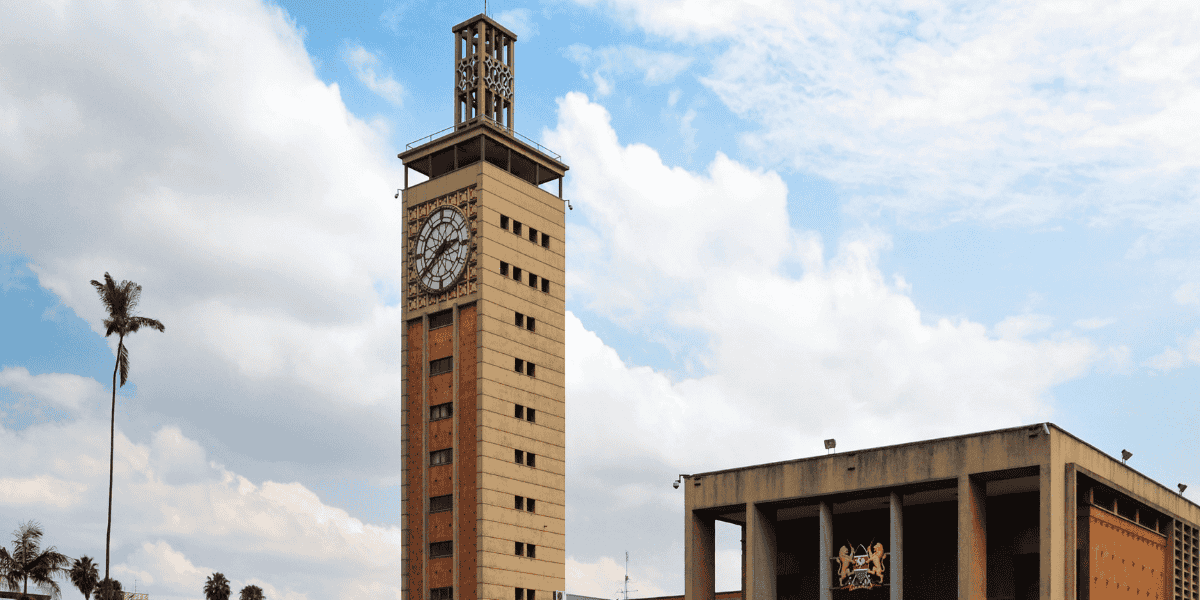The Kenyan President William Ruto has announced yesterday, 26 June 2024, that he would not sign the Finance Bill 2024 into law and plans to withdraw the legislation.
This decision followed after Kenyans protested against the controversial legislation, which included various tax hikes, leading to violent clashes and the death of over 20 people.
Kenya’s National Assembly first considered the Finance Bill 2024 on 13 May, 2024. The bill received parliamentary approval on 25 June, 2024, with several amendments. These include the removal of the proposed 16% VAT on bread, sugar transportation, financial services, foreign exchange transactions, and the 2.5% Motor Vehicle Tax.
Additionally, the eco levy has been restricted to imported finished products that contribute to e-waste instead of goods manufactured in Kenya.
However, the initiatives weren’t enough to appease the Kenyan citizens, who took to the streets in protest against the bill. This compelled President Ruto to withdraw the controversial finance bill in order to prevent further unrest, violence, and destruction of property in the country.
“Listening keenly to the people of Kenya who have said loudly that they want nothing to do with this finance bill 2024, I concede. And therefore, I will not sign the 2024 finance bill, and it shall subsequently be withdrawn,” said Ruto.
The protests were started by young Kenyans who expressed their outrage on social media over the government’s proposed taxes on bread and diapers. This quickly evolved into a nationwide movement demanding the Finance Bill 2024 be scrapped alongside the new taxes.
The Kenyan government had argued that these tax hikes were necessary to raise revenue and reduce the country’s growing budget deficit. Ruto also emphasised that the proposed tax changes would reduce the country’s reliance on foreign loans.
Kenya faces significant fiscal risks due to volatile international commodity prices, stringent external financing conditions, high inflation, and drought. Additionally, the Kenyan shilling is vulnerable to further depreciation against major currencies, which would increase the country’s cost of debt, as half of Kenya’s foreign debt is denominated in foreign currencies.
The Kenyan government has traditionally relied on borrowing to manage debt risk and fund capital investments. However, this approach has become unsustainable as the economy faces significant challenges and stagnating public revenues.
To address these issues, the government introduced the Finance Bill 2024 alongside the 2024-25 budget.
The Finance Bill 2024 was intended to implement tax reforms to increase tax revenue. However, critics argued that the proposed tax measures could negatively impact Kenya’s key sectors, such as financial services and manufacturing.












